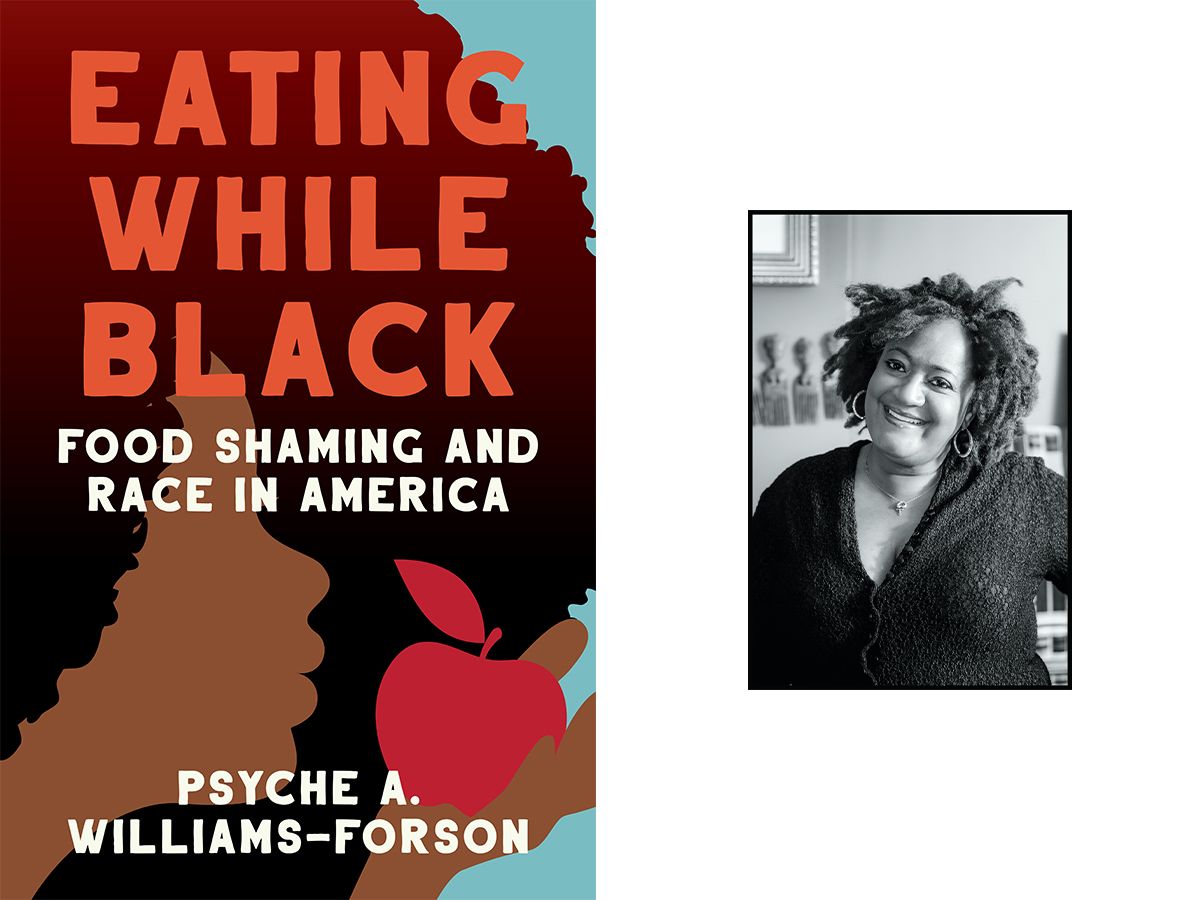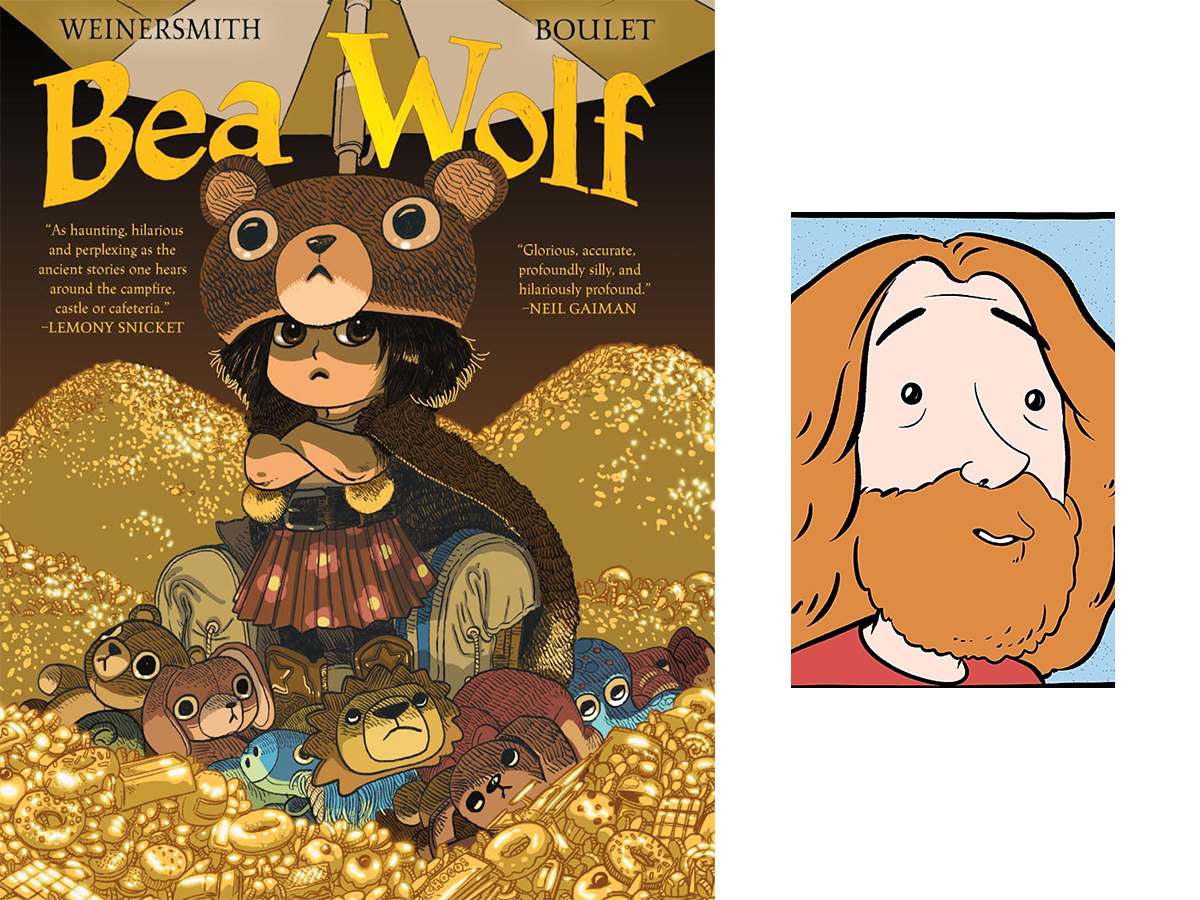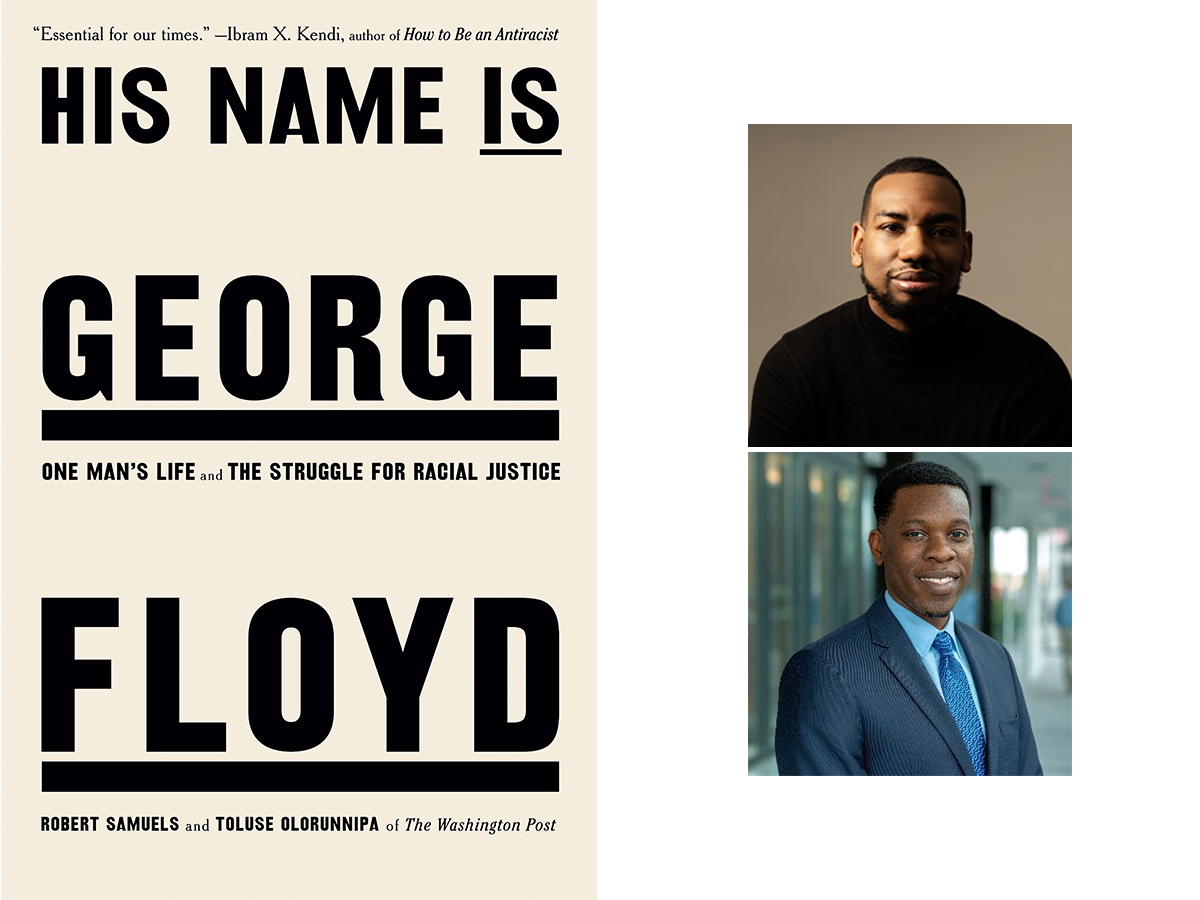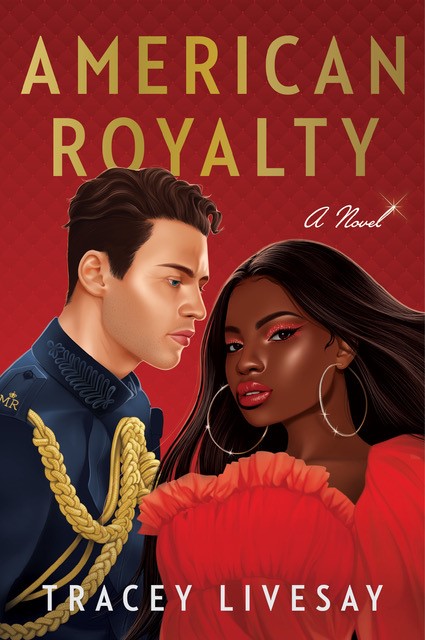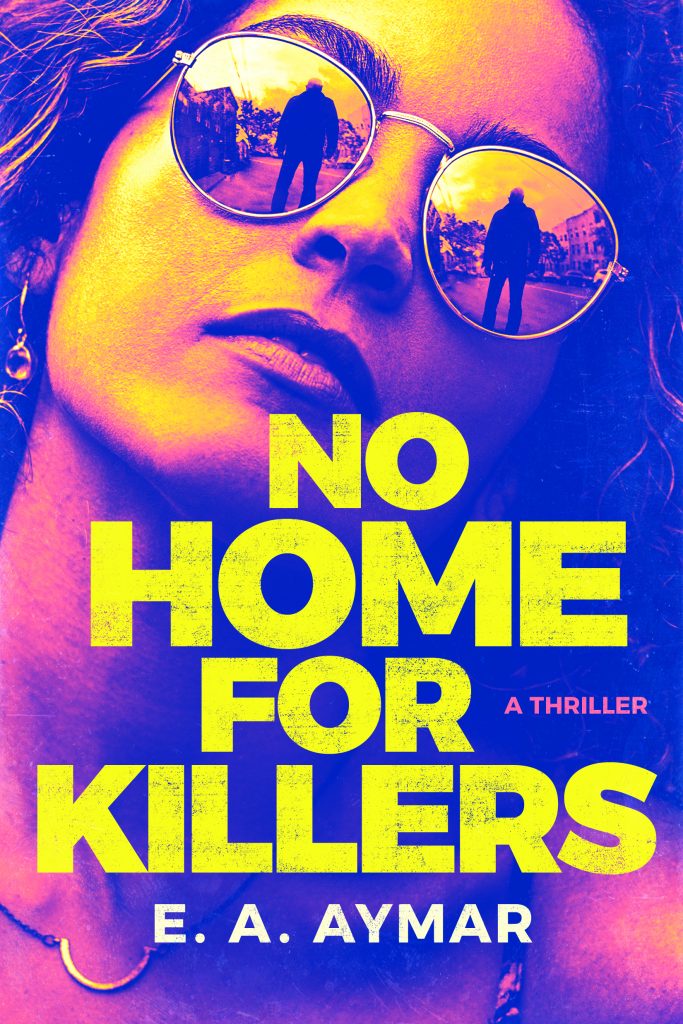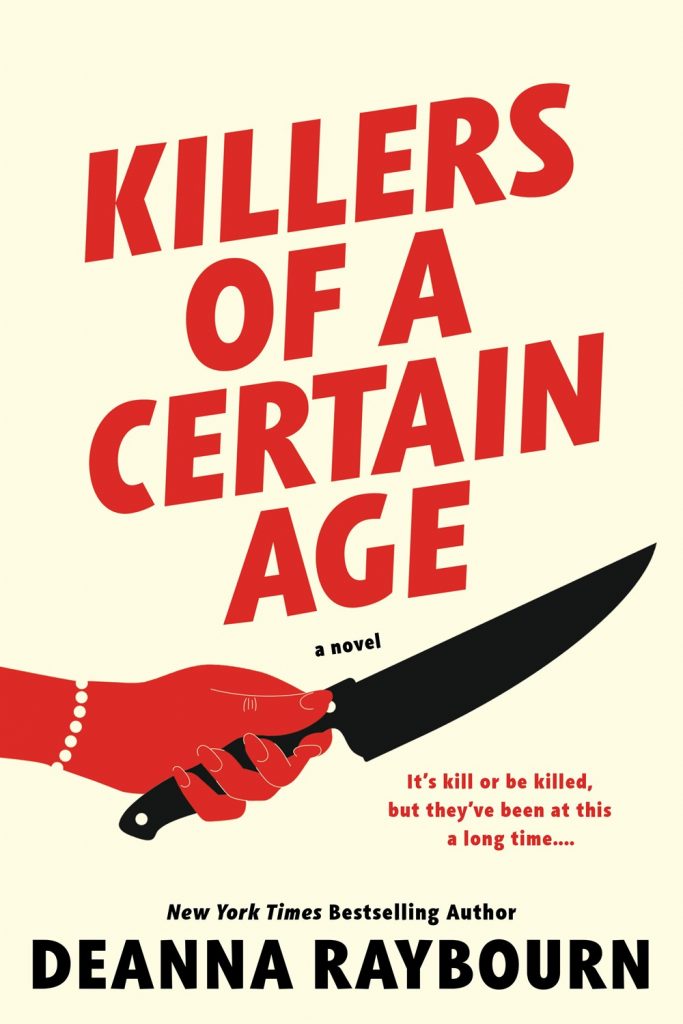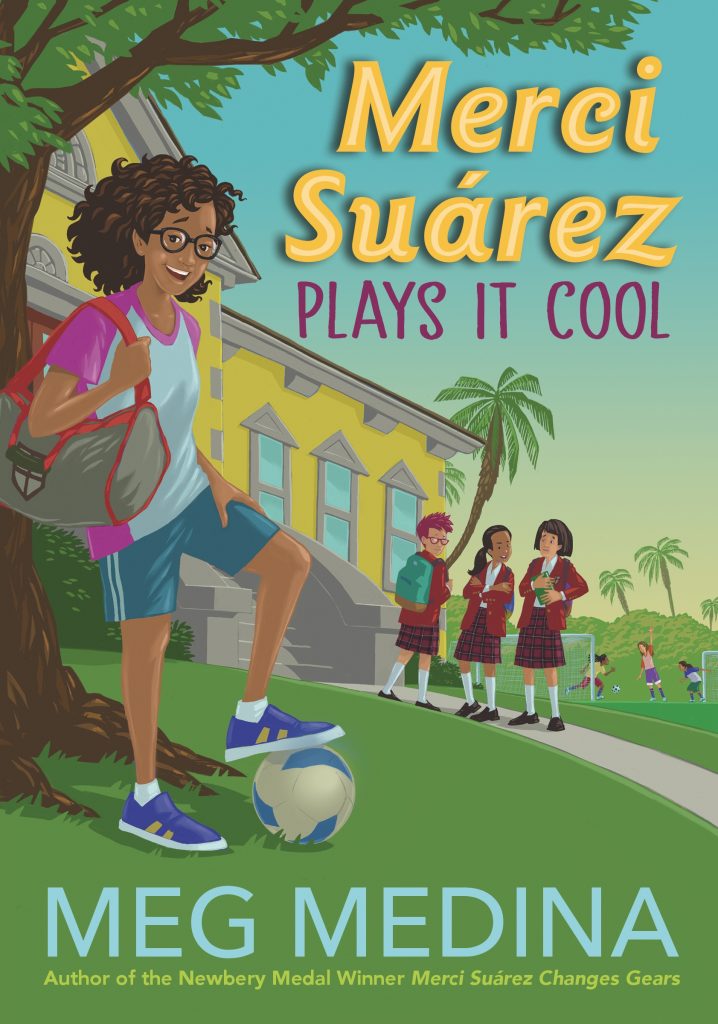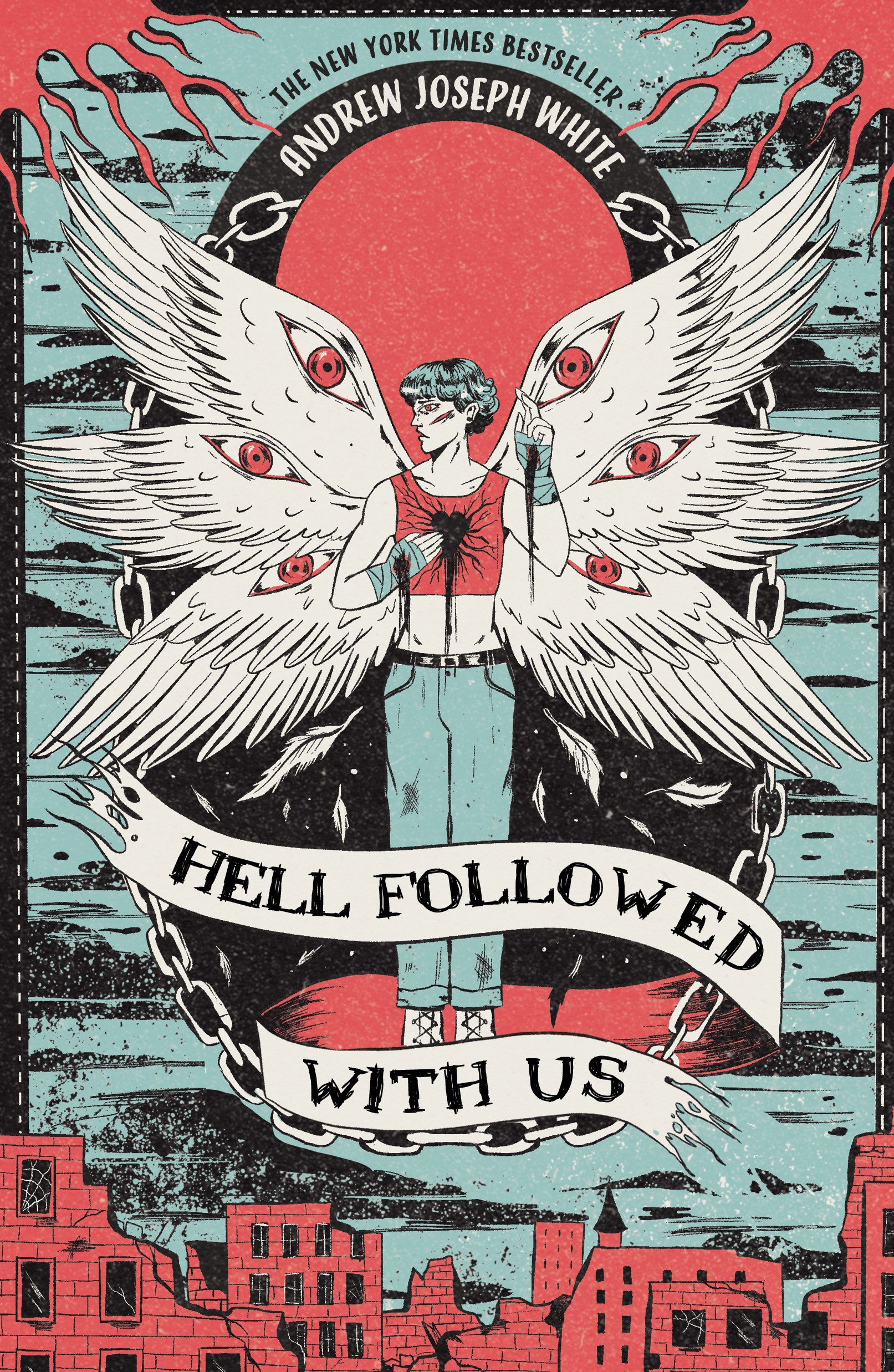One day, Psyche Williams-Forson’s daughter stopped letting her father pack Ghanaian food for her lunch. Her lunchbox smelled different than others, and she didn’t want to be made fun of. This is still a familiar scene for some American students coming from migrant families, and unless people rethink their understanding of food culture, it will be for future generations too, Williams-Forson says.
“It’s a sad story, and we’ll say, ‘Oh, that’s horrible,’ but we don’t teach our kids anything different,” she says. “The cycle repeats. It’s not just about the food. It affects the person’s whole being.” In an effort to break this cycle, Williams-Forson wrote Eating While Black: Food Shaming and Race in America, which she will discuss at the Virginia Festival of the Book.
In an era of what the University of Maryland professor calls “food hysteria,” where people fight to define their diets by trendy labels like “organic,” “clean,” and “local,” Eating While Black argues that Black Americans remain connected to important traditions, cultures, and histories by eating foods often shamed for not fitting within these categories. Eating While Black is also the culmination of Williams-Forson’s passion for delving into African American history, which began while studying literature at the University of Virginia on her way to majoring in English, African American studies, and women’s studies.
“It occurred to me that I was really interested in the context in which these texts were emerging,” Williams-Forson says. “And in order to find out the context, the historicity, you have to do a little bit more research. You have to go outside the text itself.” As a research assistant during graduate school at the University of Maryland College Park in the 1990s, Williams-Forson found there was little information available about African American foodways. Her searches for Black food history turned up only old cookbooks with recipes for collard greens and cornbread. “I was being told the same thing: These are foods that Black folks tend to eat,” Williams-Forson says. “What I was curious about is, why were we eating these foods? And that question opened up a whole world for me.”
This journey into the history of Black Americans’ relationship with food took Williams-Forson everywhere, from the annals of the U.S. Department of Agriculture to the archives of Alderman Library. Growing up, the author had been told Black food culture descended from enslaved people being forced to eat only scraps of discarded food. Her research painted a very different picture. Williams-Forson read about ships that carried to America not only enslaved people but ingredients from their homelands, from okra to melons to black-eyed peas. She found evidence that some enslaved people were able to hunt and forage, and that they introduced new cooking techniques like deep frying to the continent while preparing these foods. She learned that even while under horrific subjugation, enslaved people began a complex and variegated food culture, one that exists today in everything from traditional Southern dishes to Louisiana Creole foods.
By expanding upon this history in Eating While Black, Williams-Forson hopes she can encourage African Americans to discuss the origins of why they are shamed, and why they shame others, for what they eat. “Will everyone agree with me? Absolutely not,” Williams-Forson says. “But at least we can have a conversation about it, and recognize that some of the things you’ve heard growing up, some of the things that you think about other people or about yourself, are actually not true.”
Psyche Williams-Forson will appear at Food and Blackness at the Jefferson School African American Heritage Center on Friday, March 24.
